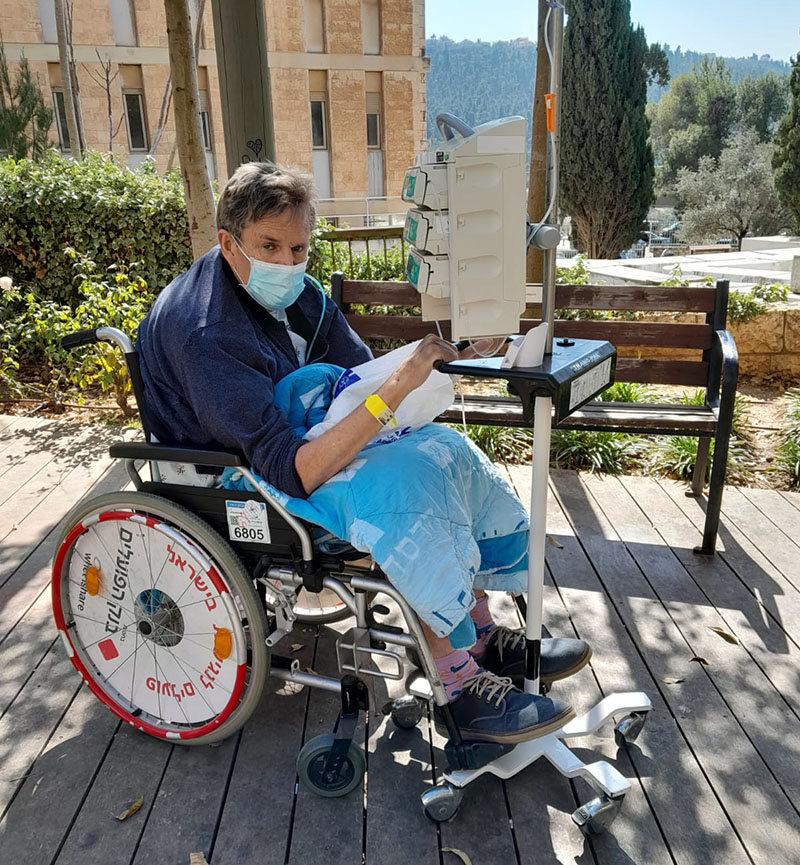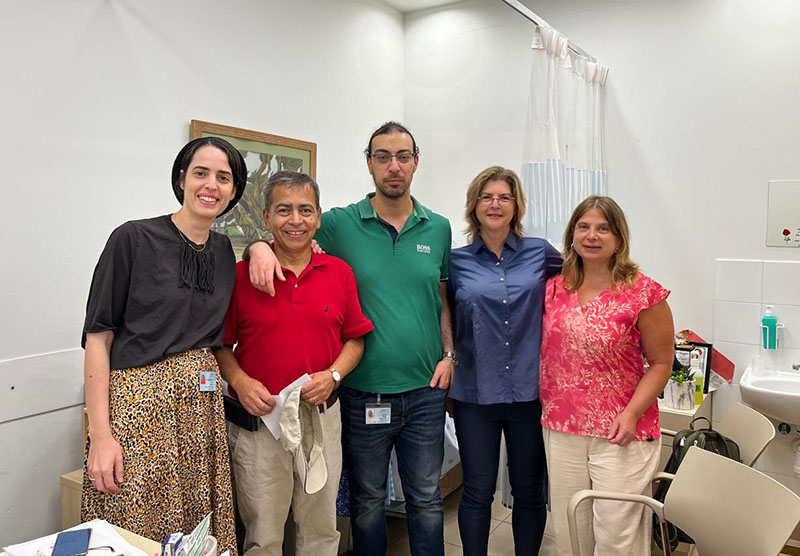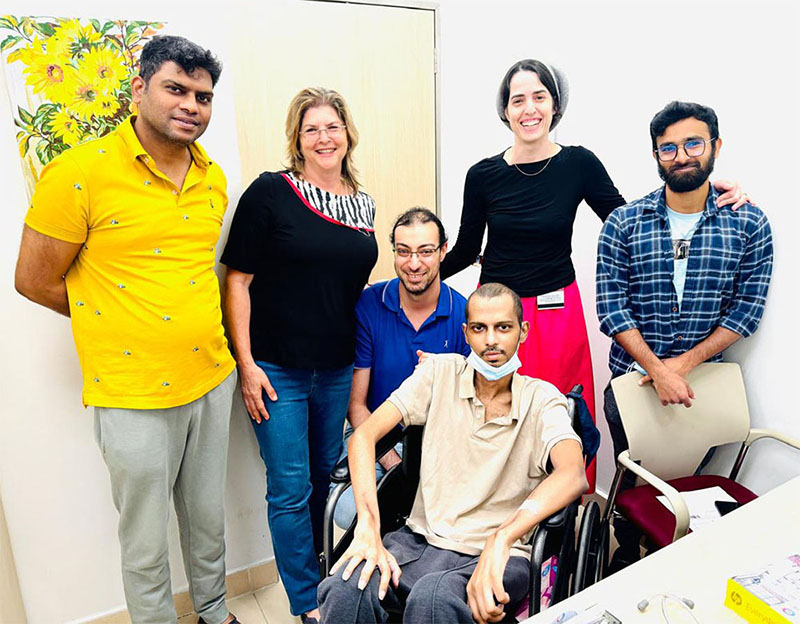In Japan, CAR-T therapy has been approved for the treatment of certain types of blood cancer, such as relapsed or refractory B-cell acute lymphoblastic leukemia (ALL) and diffuse large B-cell lymphoma (DLBCL). The first CAR-T therapy approved in Japan was axicabtagene ciloleucel, which received approval from the Ministry of Health, Labour and Welfare in 2019.
Since then, several other CAR-T therapies have been approved in Japan, including tisagenlecleucel for the treatment of relapsed or refractory B-cell ALL and DLBCL, and lisocabtagene maraleucel for the treatment of relapsed or refractory large B-cell lymphoma.
Japan has been at the forefront of CAR-T therapy research, with a number of clinical trials ongoing to explore the use of this therapy in the treatment of other types of cancer. The Japanese government has also been supportive of the development and use of CAR-T therapy, with initiatives aimed at promoting the technology and providing funding for research and development.
CAR-T therapy cost in Japan
The cost of CAR-T therapy in Japan can vary depending on the specific therapy being used, the hospital or clinic providing the treatment, and the patient's insurance coverage. However, CAR-T therapy is generally expensive due to its complex manufacturing process and personalized nature.
In Japan, the cost of CAR-T therapy for the treatment of blood cancer can range from tens of millions to hundreds of millions of yen (hundreds of thousands to millions of US dollars). For example, the cost of axicabtagene ciloleucel, the first CAR-T therapy approved in Japan, is reportedly around 33 million yen (approximately 300,000 US dollars) per treatment.
However, Japan has a national health insurance system that covers a portion of the cost of medical treatments, including CAR-T therapy.
It's worth noting that the cost of CAR-T therapy is a topic of ongoing discussion and concern, as it can present a significant financial burden for patients and healthcare systems. Efforts are being made to explore ways to make CAR-T therapy more affordable and accessible, such as through the development of more cost-effective manufacturing processes and the implementation of value-based pricing models.
Several hospitals in Japan that offer CAR-T therapy.
1. Osaka University Hospital: This hospital is one of the leading medical centers in Japan and offers CAR-T therapy for the treatment of leukemia and lymphoma.
2. National Cancer Center Hospital: This hospital is a leading cancer treatment center in Japan and offers CAR-T therapy for patients with B-cell lymphoma.
3. Tokyo Medical and Dental University Hospital: This hospital is a top medical research center in Japan and offers CAR-T therapy for patients with B-cell lymphoma.
4. Nagoya University Hospital: This hospital is a major medical center in Japan and offers CAR-T therapy for patients with B-cell lymphoma and leukemia.
5. Kyoto University Hospital: This hospital is one of the leading medical centers in Japan and offers CAR-T therapy for patients with B-cell lymphoma and leukemia.
It's important to note that the availability of CAR-T therapy may vary depending on the specific hospital and the type of cancer being treated.
Ide-cel is a CAR-T therapy
The Japanese Ministry of Health, Labour and Welfare (MHLW) approved the use of a CAR-T therapy called idecabtagene vicleucel (ide-cel) for the treatment of relapsed or refractory multiple myeloma. This approval makes Japan the third country in the world, after the US and EU, to approve ide-cel for this indication.
Ide-cel is a CAR-T therapy developed by Bristol Myers Squibb and bluebird bio. It involves engineering a patient's T cells to express a chimeric antigen receptor (CAR) that targets the B-cell maturation antigen (BCMA), which is expressed on the surface of myeloma cells. The CAR-T cells are then infused back into the patient, where they can recognize and attack myeloma cells that express BCMA.
The approval of ide-cel in Japan was based on data from a Phase 2 clinical trial, which showed that the therapy was effective in treating patients with relapsed or refractory multiple myeloma. In the trial, ide-cel demonstrated an overall response rate of 73% and a complete response rate of 33% in patients who had received at least three prior lines of therapy, including a proteasome inhibitor, an immunomodulatory agent, and an anti-CD38 antibody.
The approval of ide-cel in Japan provides a new treatment option for patients with relapsed or refractory multiple myeloma who have limited treatment options. The therapy is expected to be available in select medical institutions in Japan in the near future.
Links
CAR-T cell therapy in Israel
CAR-T for Leukemia and Lymphoma in Israel
CAR-T for Myeloma in Israel
CAR-T cell therapy for leukemia and non-Hodgkin's lymphoma (NHL) in Europe
CAR-T cell therapy for Multiple Myeloma patients in Europe
Testimonial by a CAR-T patient at Hadassah hospital

My Husband and I engaged with Tanya Preminger from IHA to travel from New Zealand to Israel for undertaking Car T treatment. During the preparation stage Tanya was very professional in her approach and extremely responsive to our many emails. During our 8 week stay in Israel Tanya was incredibly supportive on both a practical and social level. Tanya was an effective communicator with ourselves and the Hadassah hospital staff, always accountable and flexible with our needs. We would highly recommend Tanya as a representative for other clients who may be considering various treatments in Israel.
Yvonne and Mike Hogan, New Zealand, 8/5/2023
One more patient completed CAR-T cell therapy for blood cancer ( June 2024).

With Dr. Marcus at Sheba hospital, celebrating cancer-free PET CT. (2024)











